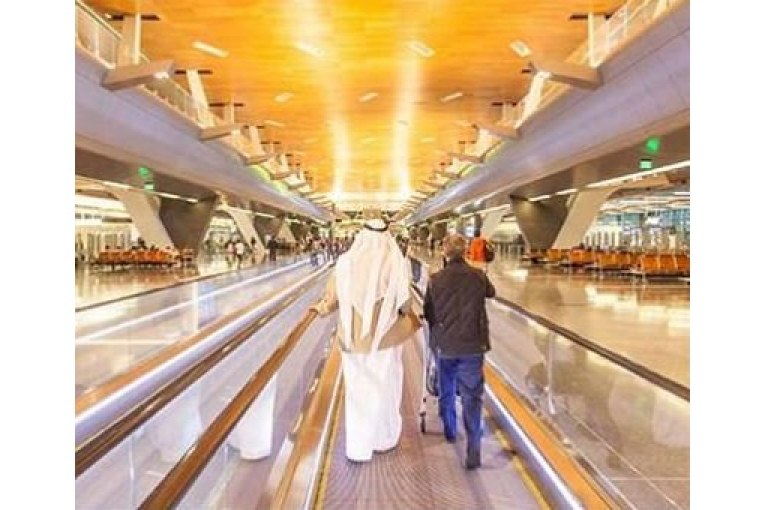
aTP- Arab tourism portal News
Madrid – A new report from the World Tourism Organization (UNWTO) and the European Travel Commission (ETC) shows that outbound tourism from the Gulf Cooperation Council (GCC) – comprising six countries of the Arabian peninsula – has grown strongly in recent years, with international tourism expenditure surpassing USD 60 billion in 2017.
‘The Gulf Cooperation Council (GCC) Outbound Travel Market’, a new report prepared by UNWTO and ETC with the support of Value Retail, examines the fast-growing outbound market of the GCC countries – Bahrain, Kuwait, Oman, Qatar, Saudi Arabia, and the United Arab Emirates – with an additional focus on the image of Europe as a tourism destination. It finds that per-capita international tourism spending from the GCC was 6.5 times higher than the global average in 2017, with expenditure estimated to be more than USD 60 billion in 2017, up from USD 40 billion in 2010.
“GCC countries constitute a fast-growing market with the potential to make a significant contribution to European tourism, diversifying demand and promoting new tourism segments”, said UNWTO Secretary-General Zurab Pololikashvili upon launching the report.
“The GCC nations remain a growing source market for European destinations, which should themselves capitalize on the potential of a younger, value-driven, well-informed and technology-savvy GCC traveller”, added ETC President Peter de Wilde.
Amongst its key findings, the report states that outbound travel from GCC countries to European destinations has benefited from the unprecedented growth in air travel during the past decade, with Gulf carriers becoming major players in long-haul aviation. Air connectivity between Europe and the GCC has seen exponential growth, providing easy access to travel between the two regions.
It notes that GCC travellers are mostly young and family-oriented, with large disposable incomes, and looking for high-quality accommodation, food and retail services. They value Europe’s variety of attractions and landscapes, developed infrastructure and common visa and currency systems, which make multi-destination travel easier. Europe is seen as offering diversity in experiences as well as opportunities to shop for luxury and designer fashion. Barriers to booking a trip to Europe include safety and security concerns, the language barrier and the high cost of holidays.
The report concludes with specific recommendations on how to position and market Europe to GCC tourists. It finds that destinations should focus on promoting specific tourism products and develop pan-European themes to attract tourists looking to visit multiple destinations.
The launch of the study will be supported by a webinar providing an overview of prospects in the GCC outbound travel market, insights into the profile and behaviour of GCC travellers, and appropriate targeted marketing strategies and messages for GCC consumers.
Useful links:
‘The Gulf Cooperation Council (GCC) Outbound Travel Market’ Executive Summary
UNWTO Regional Department for the Middle East
UNWTO Market Intelligence and Competitiveness







